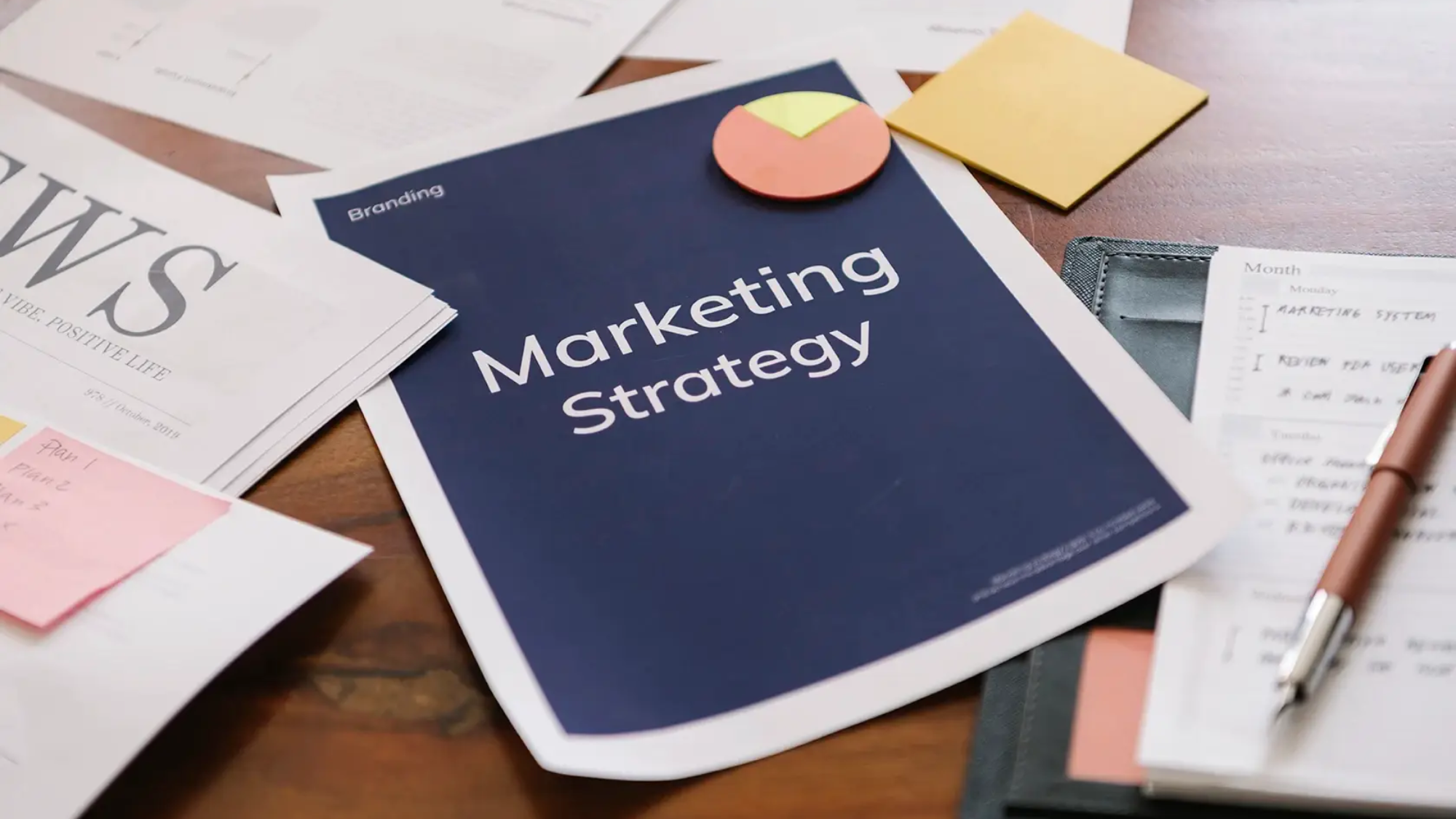In the competitive world of construction, having a robust building material marketing strategy is essential for staying ahead of the curve. With advancements in technology and shifting market dynamics, businesses must adapt their marketing strategies to meet the evolving needs of their customers. In this blog post, we will explore key components of an effective building material marketing strategy.
1. Understand Your Target Audience
Before diving into marketing tactics, it’s crucial to understand who your customers are. Are you targeting contractors, architects, or DIY enthusiasts? Each segment has different needs and preferences. Conducting market research to gather insights about your target audience will help tailor your marketing messages and strategies effectively.
2. Develop a Strong Online Presence
In today’s digital age, having a robust online presence is non-negotiable. This includes:
- Website Optimization: Ensure your website is user-friendly, mobile-responsive, and optimized for search engines (SEO). Focus on keywords related to building materials and construction.
- Content Marketing: Create valuable content such as blog posts, videos, and infographics that address common questions and pain points of your target audience. This not only drives traffic but also establishes your brand as an authority in the industry.
- Social Media Engagement: Utilize platforms like LinkedIn, Facebook, and Instagram to engage with your audience, share updates, and showcase your products.
3. Utilize Paid Advertising
Paid advertising can significantly boost your visibility and reach. Consider the following:
- Google Ads: Target keywords related to building materials and run ads to appear in search results.
- Social Media Ads: Platforms like Facebook and LinkedIn offer targeted advertising options that allow you to reach specific demographics relevant to your business.
- Display Advertising: Use display ads on industry-related websites to capture the attention of potential customers.
4. Leverage Email Marketing
Email marketing remains one of the most effective channels for nurturing leads and maintaining customer relationships. Create segmented email lists and send personalized content that addresses the interests and needs of different customer groups. Regular newsletters, product updates, and promotional offers can keep your audience engaged and informed.
5. Build Partnerships and Collaborations
Collaborating with industry influencers, trade associations, and other businesses can enhance your credibility and expand your reach. Joint ventures, co-branded marketing campaigns, and sponsorships of industry events are great ways to build brand awareness and connect with a broader audience.
6. Emphasize Quality and Sustainability
Modern consumers are increasingly concerned about the quality and sustainability of building materials. Highlight the superior quality, durability, and environmental benefits of your products in your marketing campaigns. Certifications, customer testimonials, and case studies can help build trust and convince potential customers of your product’s value.
7. Monitor and Analyze Performance
Regularly monitor the performance of your marketing efforts using analytics tools. Track metrics such as website traffic, conversion rates, social media engagement, and email open rates. Analyzing this data will help you understand what works and what doesn’t, allowing you to adjust your strategy accordingly.
An effective building material marketing strategy is essential for standing out in a competitive market. By understanding your audience, leveraging digital marketing channels, and emphasizing quality and sustainability, you can drive growth and success for your business. Stay ahead of trends and continuously refine your approach to meet the evolving needs of the construction industry.


